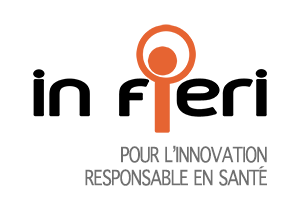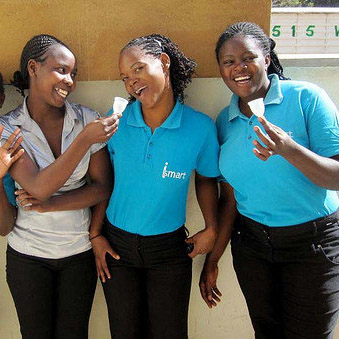
What is the challenge ?
Menstrual hygiene is an important issue in parts of the world where women do not have access to sanitary products because of cost or unavailability. Access to sanitary products is essential. Without them, millions of women and girls around the world miss school or work days, or use less hygienic and less safe alternatives, thereby making them susceptible to infections or diseases. It is estimated that girls can lose up to 20% of their school year due to a lack of access to sanitary products. (13)

Is it innovative ?
The Ruby Cup is a menstrual cup distributed for free to users in East Africa through a “buy one, give one” model. It promotes the social integration of women and girls by increasing their quality of life and enabling them to go to school and/or work. (13)

How does it work ?
- The Ruby Cup is made from a super anti-bacterial silicone elastomer. As of 2017, it has been distributed to more than 24,000 women in East Africa through the company’s procurement program and field agencies. (13)

How much does it cost ?
- Although the initial cost is higher than for sanitary napkins or tampons and is equivalent to 5 or 6 months of use of conventional products, the Ruby Cup has a lifespan of 10 years, which makes it 95% more economical. (13-15)
- A Ruby Cup is distributed free of charge with each purchase made from the manufacturer. They are free for those who need it in East Africa (through the redistribution program) but cost about forty dollars when purchased through the website or in-store. (13)

What is the environmental impact ?
- On average, a woman will use up to 12,000 disposable sanitary products throughout her reproductive life, which, for example, is equivalent to 200,000 tons of water wasted each year in the United Kingdom. The Ruby Cup is an ecological option because it can be used for 10 years. (13)



